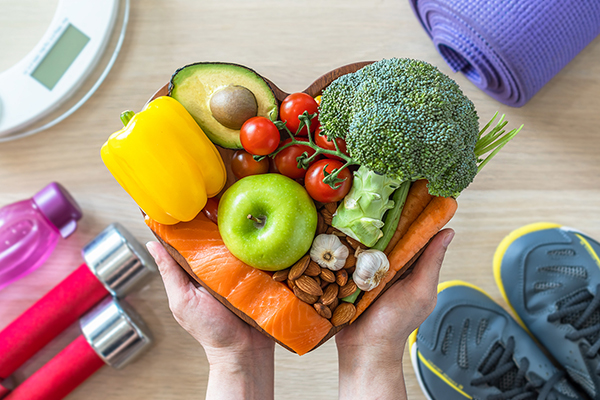Q: I heard Dr. Hoffman’s recent podcast on resveratrol. I’m not much of a drinker now, but I’d like to start drinking red wine. How do I know which red wine has good resveratrol content?
 A: Resveratrol is an important antioxidant for health and longevity. Usually found on grape skins, the wines with some of the highest amounts of resveratrol and polyphenols are the Cannonau grape from Sardinia (or other Grenache wines) and Pinot Noirs.
A: Resveratrol is an important antioxidant for health and longevity. Usually found on grape skins, the wines with some of the highest amounts of resveratrol and polyphenols are the Cannonau grape from Sardinia (or other Grenache wines) and Pinot Noirs.
That said, don’t start drinking.
“But a glass of red wine a day is supposed to be good for my heart.”
I don’t mean to be a party pooper but the American Heart Association says, “If you drink alcohol, do so in moderation. If you don’t drink, don’t start.” I completely agree with this statement. There are far more risks than benefits with alcohol use.
Alcohol consumption is associated with liver disease and certain cancers, especially colorectal cancer. Weight gain also is a problem because alcohol demands to be metabolized first, while the dinner you consumed earlier waits on line to Club Metabolism. Alcohol also can act as a hypoglycemic—causing you to eat more than you intended (now a much longer line to Club Metabolism). It raises cortisol levels, is toxic to the brain, and there is always the possibility of dependence and addiction.
Heavy drinkers typically have high blood pressure and elevated triglycerides, both independent risk factors for heart disease, and chronically low potassium and B vitamins—a recipe for depression and other mood disorders. Cardiologist Melissa Walton-Shirley, recently quoted in the Medscape article “Alcohol and CVD” said it best: “When one takes into account the cost of alcoholism on family life; drunk driving; and treatment for liver disease, atrial fibrillation, stroke, cancer, dementia, and cardiomyopathy, its romanticized reputation as a medicinal is definitely diminished.”
Now, did you know the medicinal dose of red wine is actually 3.5 to 5 ounces two to three times a week? That’s 7 to 10 tablespoons of wine per glass. (Oh, yes it is!) In addition to resveratrol, the alcohol itself confers cardiovascular benefits by reducing platelet aggregation and fibrinogen, and providing some vasodilation of arteries. However, alcohol consumption itself should not be considered to be an essential part of a heart disease prevention program.
I never advise teetotalers to start drinking red wine for the benefits of resveratrol. Taking supplemental resveratrol instead is a far healthier option, without any of the risks of alcohol consumption.
To your health!







